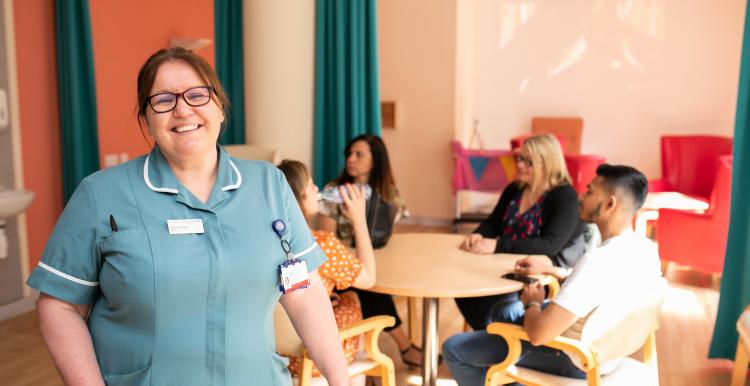Mental Health Support

Mental health, emotional wellbeing and resilience is all about how we cope with what life throws at us. It concerns the way we feel about ourselves, conduct relationships, handle stress or deal with loss.
Good mental health and resilience are fundamental to good physical health, relationships, education and work, as well as being key to achieving our potential.
What are some common mental health problems?
Common mental health problems such as anxiety, depression, panic disorders, phobias and obsessive compulsive disorder can cause great emotional distress, and can affect how you cope with day-to-day life and your ability to work.
Less common conditions, such as psychosis, can make you experience changes in thinking and perception severe enough to significantly alter your experience of reality. These conditions include schizophrenia and affective psychosis, such as bipolar disorder, and can have the same lifelong impact as any long-term physical condition.
Some common Mental Health facts are that:
- At least 1 in 4 people experience a diagnosable mental health problem in any one year, and 1 in 6 experiences this at any one time.
- More than half of those with a common mental health problem have both depression and anxiety.
- There are approximately 670,000 people with dementia in England, a figure that could double in the next 30 years.
- Nearly 850,000 children and young people aged between 5 and 16 have a mental health problem; this is equal to 1 in 10 young people. Less than 1 in 10 accesses treatment.
Where can I go for help?
Admitting you are struggling does not mean you are “mentally ill”, that doctors will automatically put you on medication, or you will have to immediately tell your employer you are mentally unwell. Many issues can be managed without the help of a GP by using the variety of sources of help now available, whether it’s through books, local organisations or online.
Even if you need professional help, there are choices you can make along the way. Mental illness is treatable, and with the appropriate support and treatment people do recover. Many move on with their lives and are able to care for their family, contribute to the local community, and get back into employment or training.
You can access mental health support services directly, in some cases, or via your GP.
When to speak to your GP
You should make an appointment to see your GP if you’ve been feeling depressed for a few weeks, or your anxiety is having an impact on your daily life, such as stopping you from going to work or shopping.
Mental health services are free on the NHS, but you will usually need a referral from your GP to access them.
Support Services
Buzz Manchester
A community-focused health and wellbeing service, offering one-on-one support and advice on a variety of issues. Their aim is to enable individuals to improve their overall wellbeing by promoting self-care and personal resilience.
0161 271 0505
Self Referral
Improving Access to Psychological Therapies (IAPT) and self referral into mental health services. This is provided by an organisation called Self Help.
A user-lead mental health charity offering a range of mental health services across the North of England. Their search engine will help you find specialist mental health support in your area, based on city or post code.
0161 226 3871 (8:30am-5:30pm)
Rethink Mental Illness
Support and advice for people living with mental illness.
0300 5000 927 (Monday-Friday 9:30am-4pm)
Support group meets monthly in Manchester city centre rethink.org/help-in-your-area/support-groups/rethink-mental-illness-manchester-group
Samaritans
Confidential support for people experiencing feelings of distress or despair.
116 123 (24-hour helpline)
Mind
Promotes the views and needs of people with mental health problems.
0300 123 3393 (Monday-Friday 9am-6pm)
Young Minds
Information on child and adolescent mental health. Services for parents and professionals.
0808 802 5544 (parents' helpline, Monday-Friday 9.30am-4pm)


